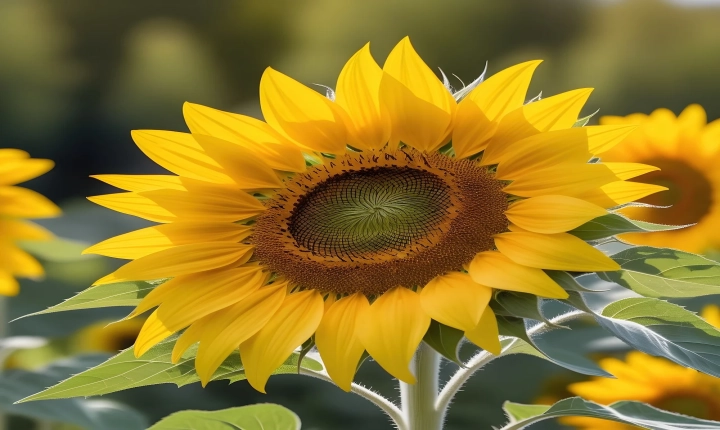Title: Can I Sell AI-Generated Art? The Legal and Ethical Implications
Artificial intelligence (AI) has revolutionized many aspects of our lives, from healthcare to finance, and now it is making a significant impact in the art world. With AI creating stunning pieces of art, many are wondering if they can sell AI-generated art and what the legal and ethical implications might be.
The first question to address is whether AI-generated art can be considered original and thus eligible for copyright protection. In many jurisdictions, copyright law protects original works of authorship that are fixed in a tangible form of expression. This raises the question of whether AI-generated art can be considered ‘original’, given that it is created by a machine rather than a human being.
While there is no clear-cut answer to this question, some argue that the AI itself cannot be the author of the artwork, as it lacks the conscious intention and creativity that is typically associated with the human artistic process. In contrast, others posit that the AI’s ability to generate unique and unpredictable outputs could be seen as a form of creativity, making the resulting artwork original and thus worthy of copyright protection.
Another legal consideration is the ownership of the copyright in AI-generated art. In many cases, the creator of a work is the initial owner of the copyright. This again raises the question of whether the AI or the person who created the AI should be considered the creator of the artwork. This presents a complex legal landscape that has yet to be fully addressed by existing copyright laws.
Furthermore, the ethical implications of selling AI-generated art cannot be overlooked. The use of AI in art creation raises questions about the human element in artistic expression and the potential devaluation of traditional artistic practices. Many artists and art enthusiasts express concerns about the authenticity and emotional depth of AI-generated art, arguing that it lacks the personal and cultural context that human-created art embodies.
Additionally, there are concerns about the potential exploitation of AI in art creation, as some worry that individuals or organizations could use AI to mass-produce art, devaluing the work of human artists and potentially leading to a glut in the art market.
On the other hand, proponents of AI-generated art argue that it represents a new form of creative expression and can serve as a powerful tool for artists to explore new techniques and expand their artistic capabilities. They also believe that AI-generated art has the potential to democratize the art world by making art more accessible and inclusive.
In conclusion, the question of whether one can sell AI-generated art is a complex and multifaceted issue. While the legal and ethical implications are still being debated, it is clear that the rise of AI in art creation has significant implications for the art world. As technology continues to advance, it is essential for policymakers, artists, and art enthusiasts to engage in meaningful discussions about the impact of AI on art and to ensure that the legal and ethical considerations are carefully and thoughtfully addressed.
